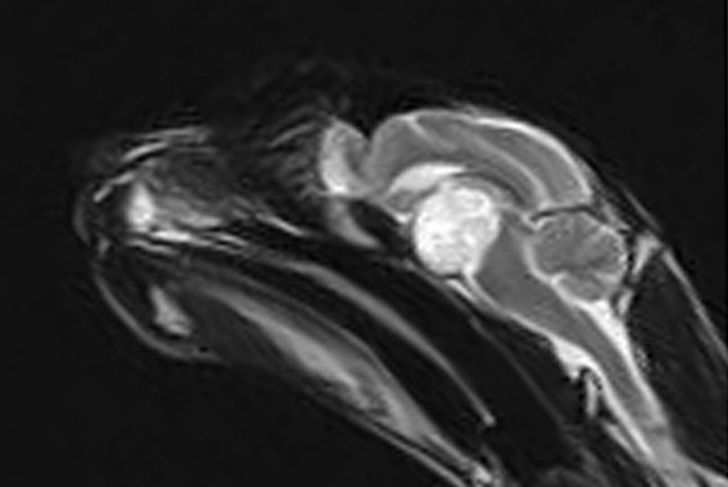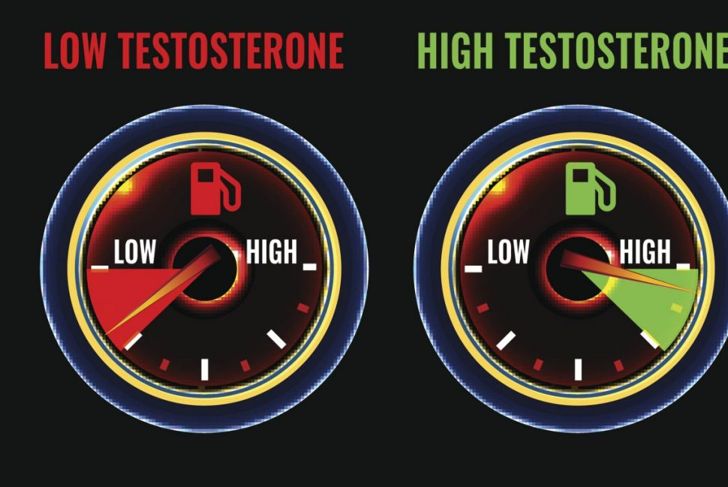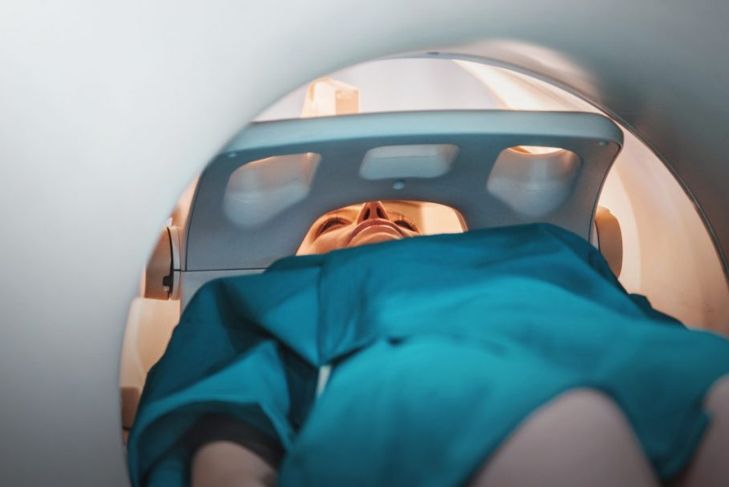The pituitary gland or “master gland” is the pea-sized structure at the base of the brain. The pituitary gland controls the adrenal glands, skin, brain and immune system, ovaries or testes, muscles, bones, uterus mammary glands, thyroid, and kidneys. The gland is surrounded by a bony container called the sella turcic, which protects it but does not leave much room for swelling or for a tumor to grow. A pituitary tumor can cause symptoms related to the overproduction or underproduction of hormones in any of the systems the gland regulates.
Functioning vs. Nonfunctioning Tumors
Pituitary tumors are typically noncancerous or benign. However, they are divided into two categories: functioning and nonfunctioning. Functioning tumors produce a hormone on their own. Nonfunctioning tumors do not produce hormones. Any condition that causes the enlargement of the pituitary gland can cause the gland to press against the bony structure surrounding it. This pressure can lead to overproduction of one type of hormone and underproduction of another. As such, pituitary tumors can produce different symptoms depending on the structures to which it is causing compression. It can also mimic some organ diseases such as adrenal, thyroid, or pancreas malfunction.
Adrenocorticotropic Hormone-Secreting (ACTH) Tumors
If a pituitary tumor secretes too much adrenocorticotropic hormone or ACTH, it can cause abnormally high cortisol levels, also known as Cushing’s syndrome. Some symptoms of Cushing’s syndrome include high blood pressure, high blood sugar, weight gain, obesity, thinning skin and bruising easily, fatigue, increased thirst, increased urination, headache, anxiety, and mood disorders. Pituitary tumors are not the only cause of Cushing’s syndrome.
Growth Hormone-Secreting Tumor
Some tumors secrete too much growth hormone. When this occurs in children or teens who are still growing, it can cause several forms of gigantism. It can also cause high blood sugar, excess body hair, abnormal sweating, or abnormal growth of the feet and hands, even in adults.
Prolactin-Secreting Tumors
Pituitary tumors that are prolactin-secreting cause too much testosterone in men and too much estrogen in women. This can lead to erectile dysfunction or breast growth in men, and abnormal menstruation or discharge from the breasts when not lactating or pregnant, in women. This type of tumor can also cause problems during pregnancy.
Thyroid-Stimulating Hormone-Secreting Tumors
A pituitary tumor can also affect the thyroid, causing hyperthyroidism. Symptoms of hyperthyroidism include abnormal sweating, abnormal weight loss, abnormal bowel movements, and an irregular heart rate. An overactive thyroid is also called Grave’s disease. If the thyroid is the primary cause of Grave’s disease, this gland in the neck will often swell. A pituitary tumor may be identified as the cause of the condition when this swelling does not occur.
Other Pituitary Tumor Symptoms
In addition to hormone-specific symptoms, a pituitary tumor may cause general symptoms such as a headache, vision loss, seizures, weight gain, irritability, nausea, vomiting, dizziness, confusion, flushing of the face, high blood pressure, heart arrhythmia, and a loss of body hair. These widely diverse symptoms make the condition difficult to diagnose. Many times, people with pituitary tumors receive the correct diagnosis only after other attempts to explain and treat their symptoms have yielded no results. Some people may have a nonfunctioning pituitary tumor all their lives and never know it.
Treatment: Noncancerous Tumors
The type of treatment for a pituitary tumor depends on whether the tumor is considered a microadenoma, which means it is smaller than 10 mm, or a macroadenoma, which is larger than 10 mm. Treatment also depends on whether the tumor produces hormones, or if it is cancerous and has spread to other sites. Treatment options include radiation therapy, chemotherapy, hormonal medications, and surgery to remove the pituitary gland.
Treatment: Hormone-Secreting Tumors
If the pituitary tumor is functioning, whether it is cancerous or not, medications may help curb the oversecretion of hormones and reduce symptoms. The person may also need intervention for their vision, as the tumor can impair sight. Medication is often used to treat prolactin and growth hormone-secreting tumors, but this treatment method comes with its own set of side effects.
Treatment: Hormone Replacement
When people receive radiation treatment to shrink a pituitary tumor, or if the pituitary gland is removed or damaged permanently, they generally need hormone replacement for the rest of their lives; the body will no longer be able to produce these essential components on its own.
Observation
Often, doctors will observe newly diagnosed pituitary tumors to see if they grow, before recommending or undertaking treatment, particularly if the tumor is not producing any significant symptoms. This option requires regular follow-up visits. It is possible that the tumor will grow or begin to change and that treatment will be necessary at a later time.

 Home
Home Health
Health Diet & Nutrition
Diet & Nutrition Living Well
Living Well More
More




















